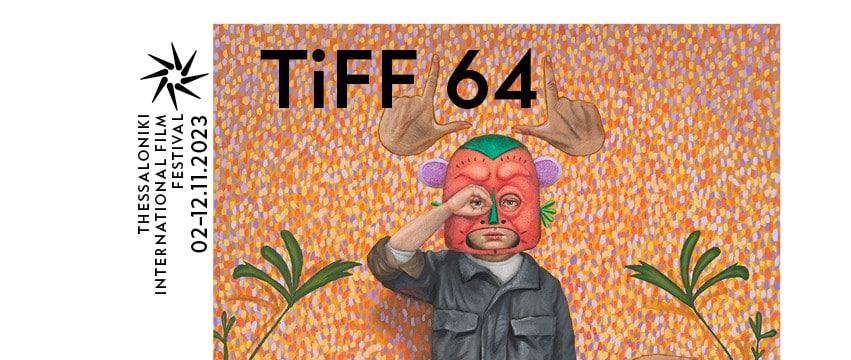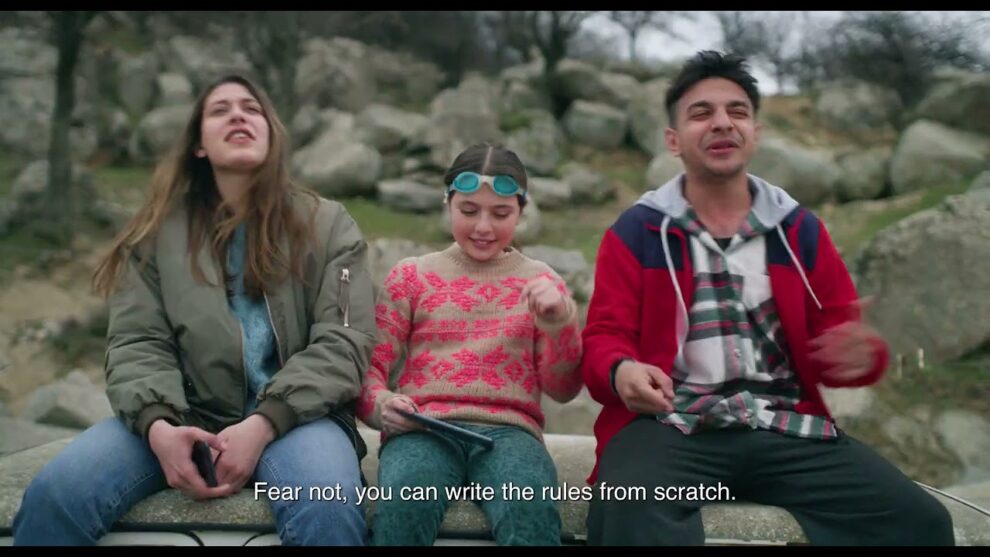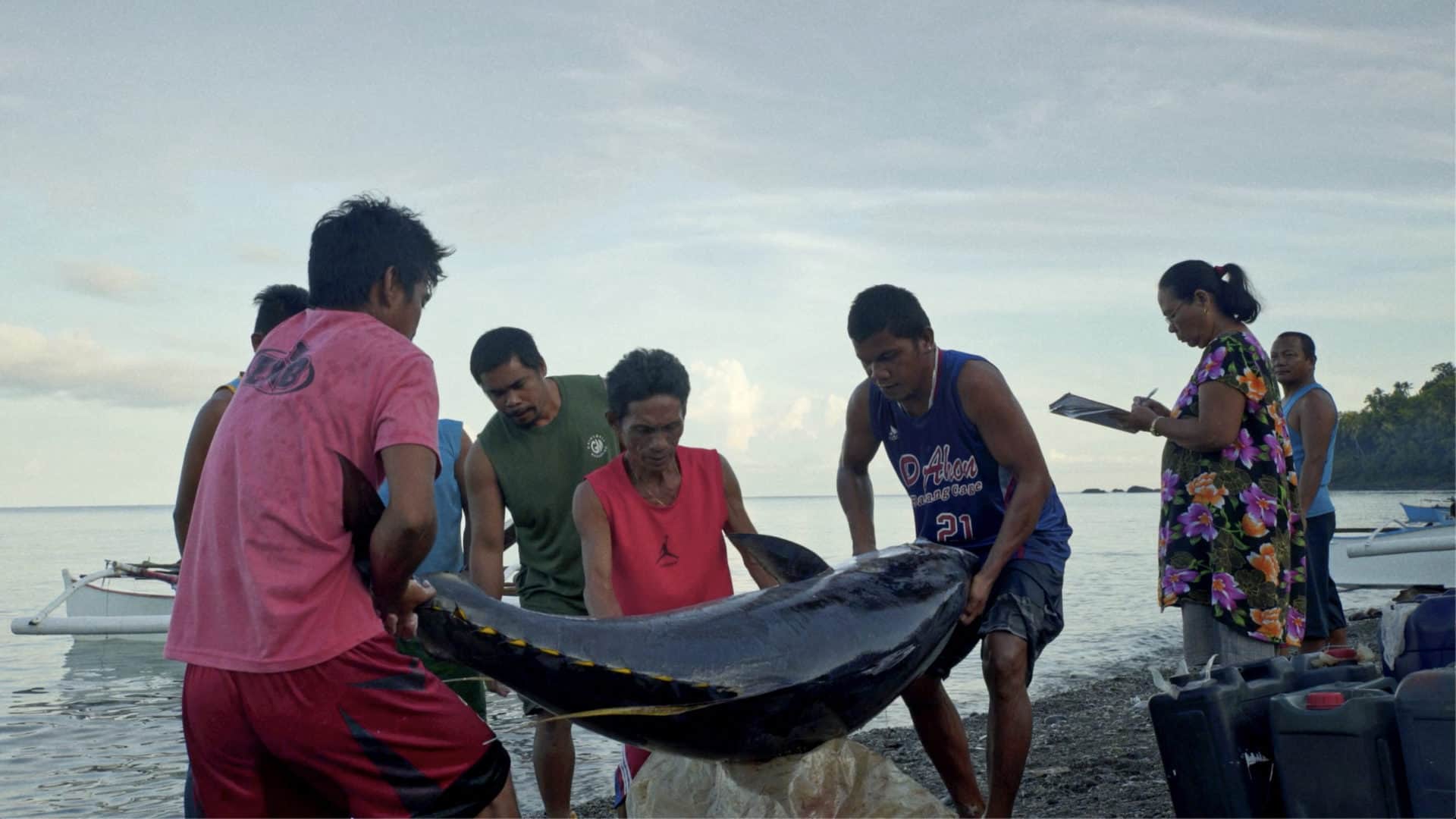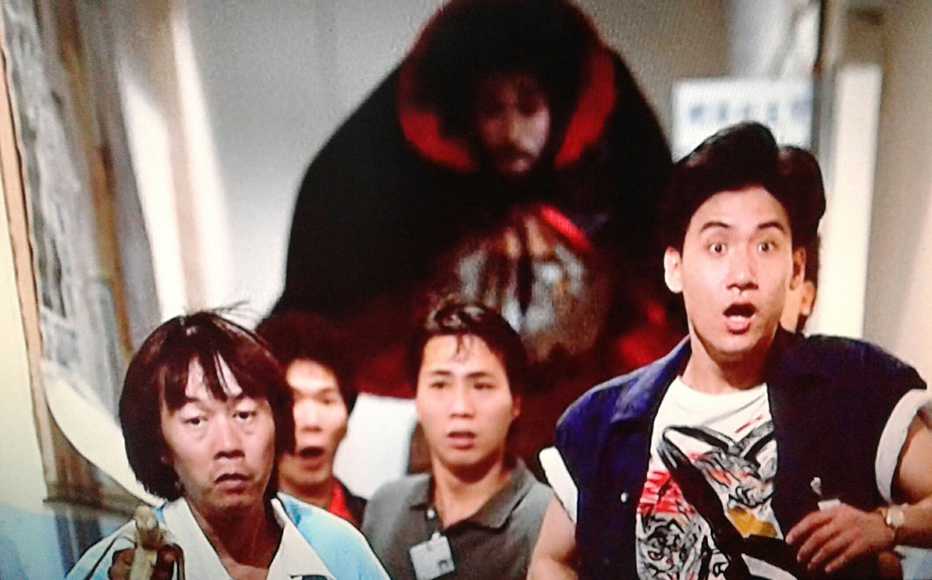Life in remote, rural areas has always been a source of inspiration for filmmakers, with the uniqueness of such settings and their difference from the urban ones frequently resulting in intriguing narratives. Reha Erdem attempts something similar with his latest work, “Neandria” but also moves much further, presenting the microcosm of the village as a sample of a number of issues tormenting the world nowadays.
“Neandria“ is screening at Thessaloniki International Film Festival

Suna is a teenage girl living with her mother in a mountain village in Turkey. Her mother considers her racing being the sole hope for her future, and pressures her to train. Suna's uncle, the village headman, is looking for ways to repay his debt, while a construction company wants to start diffing in the area, and is in discussion with the reluctant locals. His wife, whom he married by force, keeps eloping only to be found on the outskirts of the village each time. Mako's father is a useless drunk and the young man finds a way out in rapping. 12-year-old Filiz shoots YouTube videos, but feels her channel has not yet picked up because nothing happens in the village. The sudden appearance of a young imam, however, proves her rather wrong, both because he is quite an eccentric, but also because after his coming, a dead girl is found in the river; conflict around the stone quarry escalates; treasure hunters arrive, and soon there is a dead body with a mouth filled with stones.
Reha Erdem presents a film that unfolds into two levels. The first one concerns life in rural areas, which is quite realistically portrayed, while the second functions as an allegory essentially for modern society, remaining, though, connected to the local element. Regarding the first aspect, the secretive but also gossipy nature of the people that live in such settings becomes quite evident, as much as the conservatism and a sense of fear for everything “out of the ordinary” that frequently borders on institutionalization. The fact that most of them want to leave, but when they fail, they try to make their children live their dream on occasion, is another central comment here, with Suna's relationship with her mother highlighting it quite eloquently. In her case, however, Erdem presents another perspective, since the girl does not actually want to leave the place, but just to do something different with her life from what her mother dreams of her.
Check also this interview
Filiz wishing to become a YouTuber, Mako's rapping and funnily, the “eloper”'s tendency all move in the same, ‘getting away' direction, with the way all of them find their parents or husband an obstacle, but also the source of their will to leave, presenting another comment, this time regarding patriarchy, which brings us to the second level of comments mentioned above. The corruption of even the people with the tiniest authority, the role religion plays in everyday life, the destruction of the environment by big companies all have the same universal quality, cementing the rather rich context here.
At the same time, Erdem does not forget to entertain. The presence of the Imam in particular, with his constant wisdom spouting and his eccentric ways is quite fun to watch, with Ahmet Rıfat Şungar being exceptional in the role. The interactions between Filiz and her mother, the eloper, and even the music, in the way Erdem frequently has it building up only to cut it abruptly also move in the same path, in a combination of deadpan and somewhat mocking/ironic humor. Lastly, the whodunit element adds another level of entertainment here, which comes, though, a bit too late in the movie.
Deniz Ilhan as Suna is excellent throughout the movie, with her constant running and evident discomfort about her life and the fact that she is not sure what she wants from it being the main point of focus in the film. Her last words towards her mother, and her gesture afterwards, seem to encompass the main message here, which she represents in the best fashion.
DP Florrent Herry captures the bleak setting of the area quite nicely, frequently presenting it as a suffocating one, not forgetting, though, to highlight the rural beauties. Erdem's own editing results in a relatively fast pace that suits the overall aesthetics nicely, with the sudden cuts that follow the aforementioned music “trick” also being part of the humor here.
“Neandria” is a very competent film, one that manages to be both entertaining and contextually interesting, highlighting Erdem's filmmaking abilities in the best fashion.















